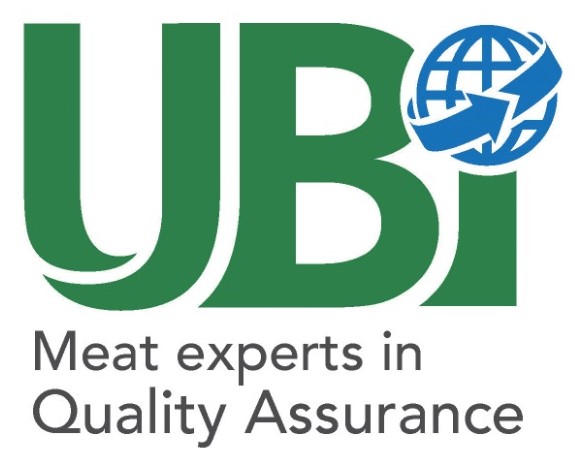The Future of Certified and Verified Beef Products
November 20, 2019 02:00 PM

In-store display showing where McDonald’s sources its coffee in Central and South America. ( Jared Wareham )
While waiting for a fresh pot of McDonald’s coffee to finish brewing, I noticed a display adjacent to the pick-up counter. It had a map of South America that pinpointed the regions where McDonald’s had committed to sourcing coffee beans — not just any old bean either — they were certified.
Many industries, particularly agriculture, are targeting certified and verified products. Marketing beef products that carry certain “guarantees” or assurances regarding quality, production standards and resource management will continue to expand. Certified Angus Beef offers a prime example of the success of certified products with consumers.
What is the potential for other certified products or product supply matrices to rise in our industry? Will product attributes be more generic or significantly more defined and rigid? What will the consumer ultimately want? All of these need to be answered. Marketing agendas will undoubtedly control the narrative and push this envelope in an effort to capture consumer confidence.
The risk of legal challenges to unsubstantiated marketing claims might be one of the largest drivers of product or process
verification. A product that is certified for specific attributes must have transparent, third-party documentation to alleviate risk. Many current process verified claims such as natural, GAP and NHTC are firmly audited. However, future certifications tied to a brand and the specific attributes of that brand, present the greatest concern.
Modern vendor or supplier models are built around key performance indicators, or KPI’s, that determine a supplier’s status in a preferential hierarchy within a supply chain matrix. Producers that offer products with certifications that more directly align with consumer demand could reach a preferred supplier rating. A preferred supplier will have frictionless access to opportunities to fill demand slots and will receive the greatest price. However, in these models, not everyone gets a seat on the plane. Those that do will board in an orderly fashion based on the level of KPI’s achieved.
“You got all of this from a cup of coffee?” My exposure to the certified coffee bean display signaled how close all of agriculture really is to an oncoming tide of supply chain security, which is one of the ultimate drivers. These supply matrices are vital to the continuity of businesses in all industries. Verified processes and certified products play key roles in those efforts due to their ability to ensure consumer confidence, provide risk mitigation from legal challenges, and maintain market share. Therefore, we must assume they will eventually be a part of our future.
